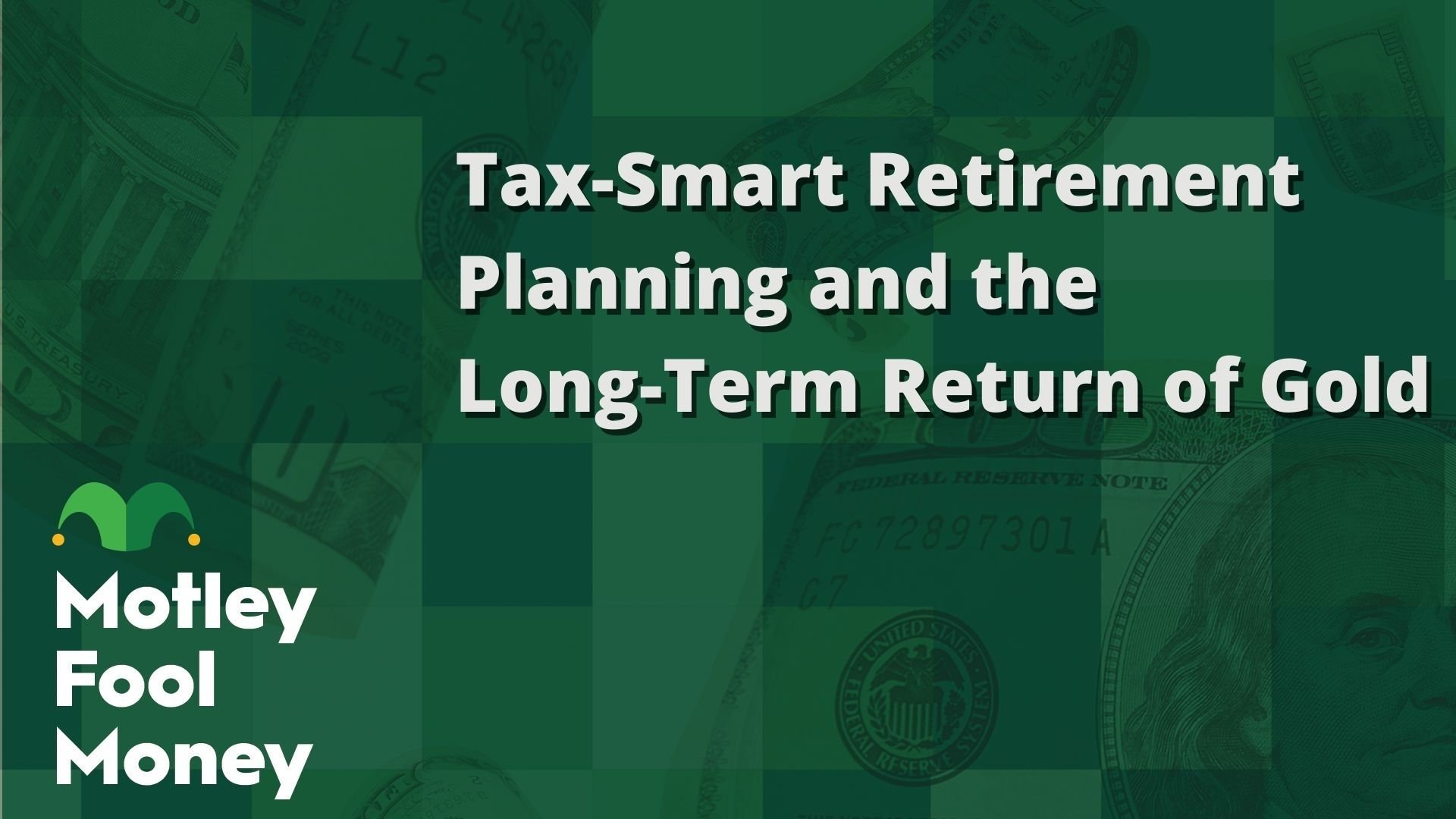Social Security can make or break retirement for millions of retirees. Without it, around 16 million Americans age 65 and older would be living below the poverty line, according to 2023 data from the nonpartisan Center on Budget and Policy Priorities.
If you plan to rely on your benefits even slightly in retirement, it's wise to ensure you're maximizing them. And there's one Social Security move roughly three-quarters of U.S. adults don't know that could supercharge your monthly payments.

Image source: Getty Images.
The biggest factor influencing your benefit amount
When it comes to how much you'll receive in Social Security benefits, everything from your income to the length of your career to your marital status can affect the size of your checks. But one of the most important factors influencing your payments is the age you begin claiming.
You can file for Social Security beginning at age 62, but to receive the full amount you're entitled to based on your work history, you'll need to wait until your full retirement age (FRA).

Image source: The Motley Fool.
Filing at 62 will reduce your payments by up to 30% compared to what you'd receive by filing at your FRA. These reductions are permanent, too, making your claiming age one of the most important retirement decisions you'll make.
One move that could boost your payments
Heading into retirement, it's wise to think carefully about whether you want to file early or wait. But there's good news for those who file early and change their minds: You get one chance for a do-over.
Within the first 12 months of claiming, you can withdraw your application for benefits to reverse your decision. Only 26% of U.S. adults know that this is an option, according to a 2025 survey from the Nationwide Retirement Institute. Of the 15 most common Social Security misconceptions revealed in the report, reversing your claiming decision was the most misunderstood by participants.
Reversing your decision can be a smart move in some cases. For example, if you file at age 62 but then decide to go back to work, you may want to delay benefits until you retire later. Or if you simply regret your choice to file early, you have the option to undo your decision and file later.
The benefit difference between filing early and delaying is often substantial. At age 62, for example, the average payment among retired workers is around $1,342 per month, according to 2024 data from the Social Security Administration. To compare, the average payments at ages 67 and 70 are around $1,930 per month and $2,148 per month, respectively.
| Age | Average Monthly Benefit Among Retired Workers |
|---|---|
| 62 | $1,342 |
| 65 | $1,611 |
| 67 | $1,930 |
| 70 | $2,148 |
Source: Social Security Administration. Table by author.
Not everyone can withdraw their application, as you'll need to do it within 12 months of filing while also repaying any benefits you've already received. But if you file early and then change your mind, reversing your decision and delaying benefits could transform your monthly income.
The case for claiming early anyway
If your primary goal is to maximize your monthly income, delaying claiming until age 70 is perhaps the best way to achieve that. Similarly, if you're planning to work late into your 60s or 70s, it may not make sense to file for benefits before you retire.
For some retirees, though, claiming early can be a smart decision. If you're forced into an early retirement due to job loss or health issues, for example, having an extra source of income can make retirement more affordable -- especially if your personal savings are falling short.
Filing early can also be smart for those who simply don't want to bet on their longevity. Health issues can pop up unexpectedly, and claiming in your early 60s can give you more time to enjoy your benefits if your health suddenly takes a turn for the worse later in life.
There's no right or wrong time to take Social Security, as it will depend on your unique situation and personal preferences. But knowing all of the options available -- including reversing your decision if you file early -- can make it easier to make the best choice for your retirement.





